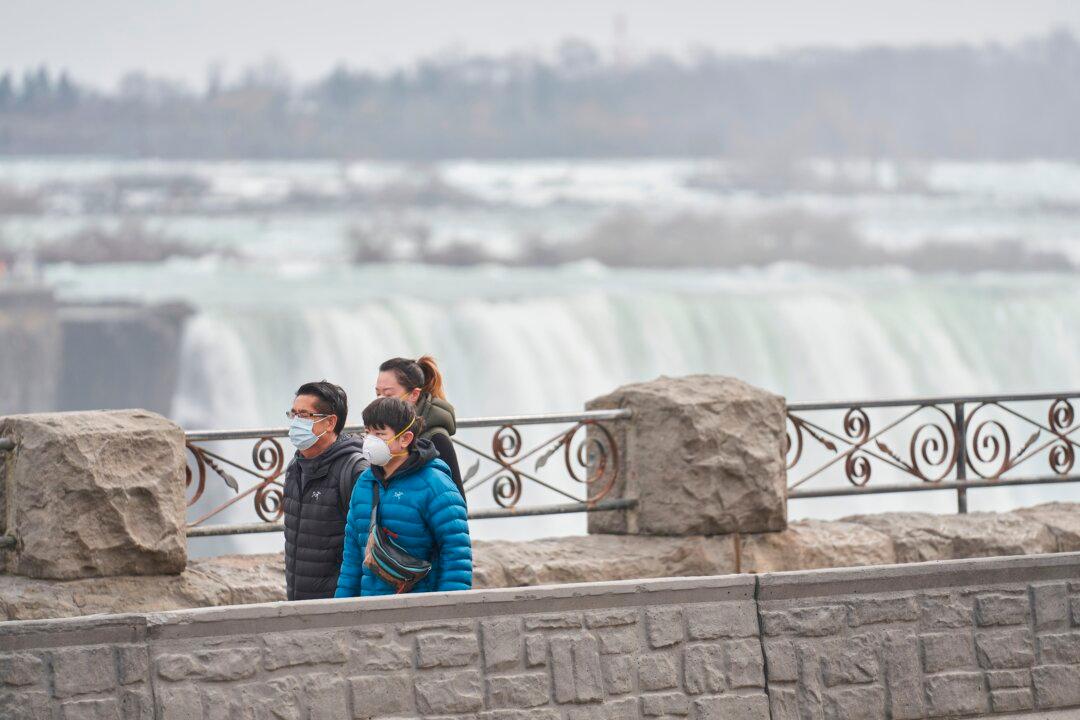A constitutional rights group is seeking to challenge the Niagara Region in court after the city declared a state of emergency ahead of the much-anticipated total solar eclipse April 8.
The Canadian Constitution Foundation (CCF) has filed a notice of application for a judicial review of the region’s state of emergency, calling the move “unlawful.”





